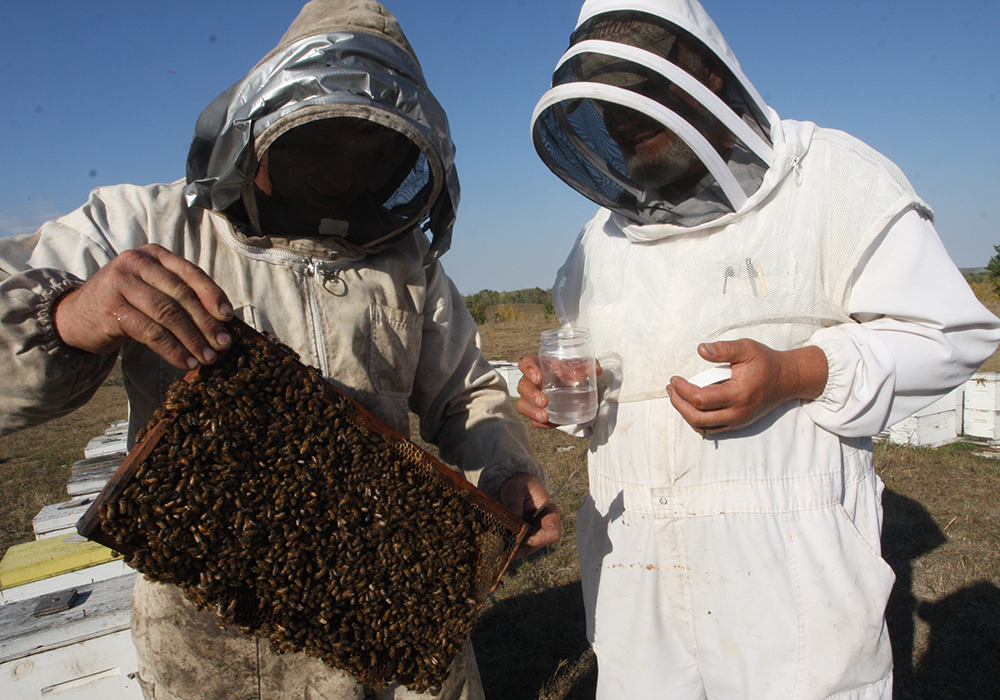The temporary foreign workers employed by Canadian beekeepers are starting to arrive, much to the relief of many.
Rod Scarlett, executive director of the Canadian Honey Council, said a charter flight of workers from Nicaragua arrived last week and another flight with more workers is expected shortly. As well, workers from Mexico have started to arrive.
Some of those from the Philippines are delayed due to internal pandemic-related restrictions within that country, which are making it difficult for people to get to Manila, said Scarlett.
Read Also

Why feds imposed EV tariffs
Moe and Kinew have a fight on their hands when it comes to eliminating the EV tariff. Canada has to worry about pissing off the U.S. and Mexico and hundreds of thousands of auto workers.
He stopped short of expressing confidence that the usual number of foreign workers employed in Canadian beekeeping and honey production will be available this year due to various issues surrounding the pandemic and its travel and health restrictions and requirements.
“I know a lot of beekeepers are certainly hiring Canadians, which is important in these times, but you also need to have these foreign workers in because they’re experienced and they can help supervise untrained workers,” he said.
“I think people are going to cope. Is it going to be optimal? No. Is there going to be some hardship? Yes.”
Jeremy Olthof of Tees, Alta., president of the Alberta Beekeepers Commission, said honey producers are “taking some flak” for relying on temporary foreign workers when so many Canadians are out of work due to COVID-19 issues and are seeking other employment.
However, the work requires experience and enough knowledgeable people to train those that are new to the job.
Scarlett elaborated, noting employees have to be able to identify whether the queen bee is viable and know what to do if it isn’t. They must be able to identify whether there are mites in the colony and whether numbers are sufficient to require treatment. As well, they need to be able to identify nosema, a fungal disease in bee colonies, and then apply the appropriate remedy. They have to know when and how to feed a bee colony too.
“And you’re going to get bit,” said Scarlett. “Every day you’re going to get stung. So its maybe not as attractive, as easy a task, as some of the other uses for temporary foreign workers.
“I know we’re hiring Canadians but for all intents and purposes you have to hire two Canadians to replace one experienced temporary foreign worker. And you still have to have somebody there to train them.”
Everyone hopes unemployment forced by the pandemic will ease in a few months.
If Canadians hired for beekeeping duties then go back to their former jobs, it would leave honey producers in the lurch, especially if that happens in October when much of the honey is harvested.
















